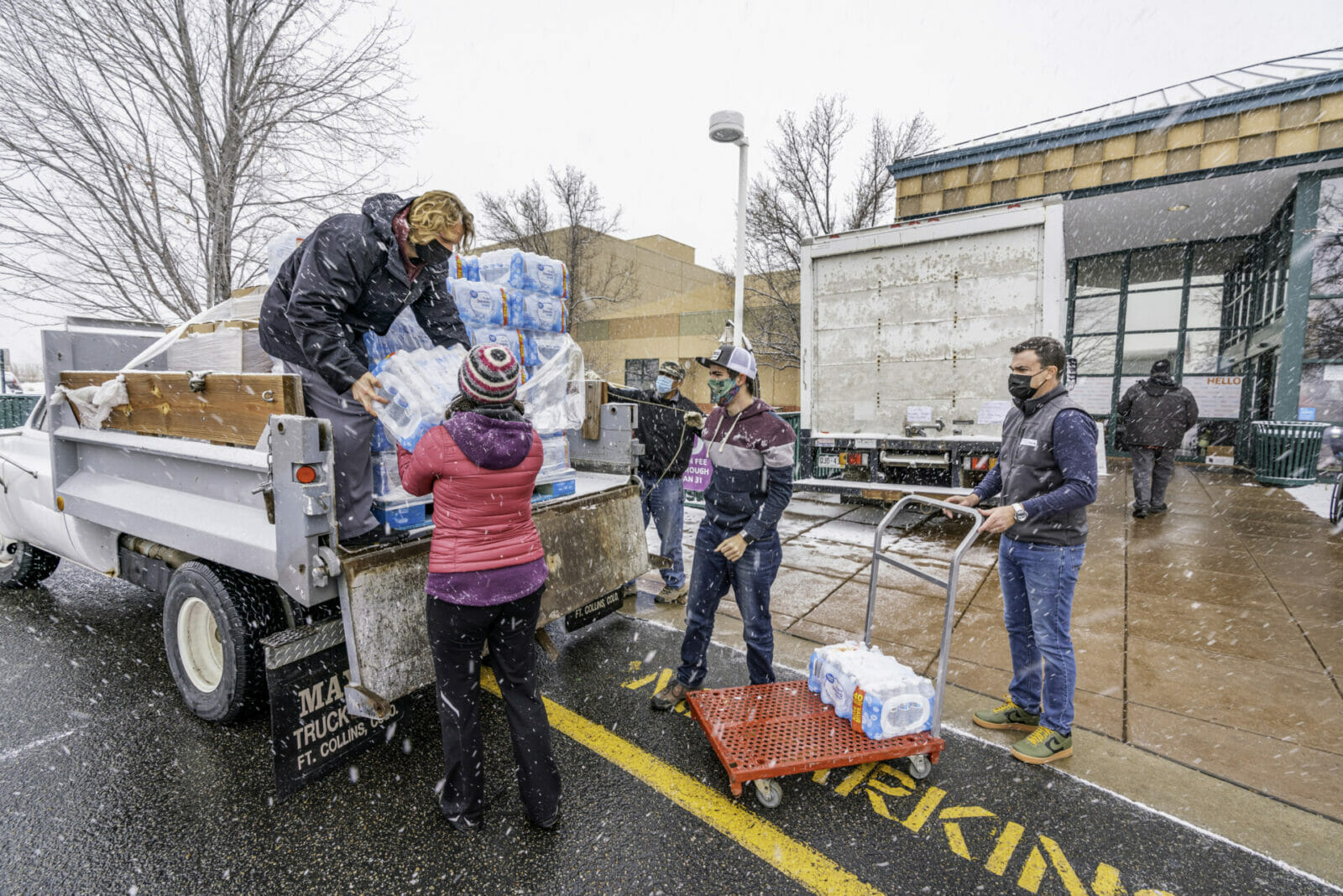Who Is in Your COAD? Increase Your Resiliency Factor Before Disaster Strikes

So often, nonprofits and NGOs play a key role in disaster volunteerism strategy. Maybe your organization is the backbone for the Emergency Volunteer Reception Center. You may be a member of the local Community Organizations Active in Disaster (COAD), or your organization is the sole entity cited to lead volunteer and community engagement efforts by your local Emergency Management Agency. Whatever role your organization plays, operating as a Service Enterprise and having Service Enterprise organizations by your side will help you prepare for, respond to and recover from the next disaster.
Relationships are key when it comes to disaster, and the stronger they are before a disaster strikes, the more collaborative and asset-based approach your community can have immediately following a disaster.
Imagine that you and the other organizations in your COAD go through a cohort-based change management program that helps each organization strategically engage volunteers to deliver their mission. It will help each of you have a more diverse pool of human capital, transition to an organization culture that embraces volunteers throughout the whole organization, and leverage the skills, talents and experience of the community to meet your mission. Not only will each organization benefit, but together you will create a stronger, more synergistic relationship as you all learn and evolve as a cohort.
Service Enterprises are more adaptable and capable of going to scale than their peers because they have embodied the three domains of Service Enterprise:
- Establish a Strong Foundation: Organizations have a strong foundation of leadership involvement, resource allocation and intentional planning for strategically engaging the community as volunteers. When the whole organization embraces volunteers, it can quickly adapt to meet the needs of the community.
- Galvanize Organization Best Practices for Volunteer Engagement: Recruitment, onboarding, training and supervision are not led or done by a solo department or individual. The organizations’ policies and procedure ensure the effective engagement of volunteers and community partners.
- Focus on Impact & Outcomes: Organizations regularly create and sustain relationships by telling their story, listening to stakeholders and measuring success against the mission and objectives.
Service Enterprise Trainer and President of VQ Volunteer Strategies Beth Steinhorn sat down with Aimee Kane of the City of Boulder five years after the catastrophic floods destroyed 1500 homes, rendering roads impassable and killing eight people.
When Steinhorn asked why volunteer engagement identified as a key to recovery and resiliency planning, Kane’s response mirrored that of other NGO’s and municipalities.
“In our organization, a lot of people didn’t even know we could engage community members as volunteers, despite having community members serve on the city’s numerous boards, commissions and working groups,” she explained. “There was a misconception that, since the community pays our salary, they wouldn’t want to help us achieve city goals.”
Kane went on to say that sometimes, in government, there is an “us vs. them” attitude between staff and the community, with staff thinking it’s up to the communities to solve issues at hand. The flood presented an opportunity to embrace collective action for the greater good, showcasing how collaboration can have a much bigger impact.
Now, Boulder operates as a Service Enterprise and proactively invites the community to engage, share resources and build a more resilient community together.
“It’s not about getting a seat at the leadership table,” said Kane. “It’s about inviting leadership to your table.”
To learn more about how you and your Community Organizations Active in Disaster can leverage the Service Enterprise Program to increase community resiliency before disaster strikes, contact [email protected] or visit volunteeralive.org/serviceenterprise.
